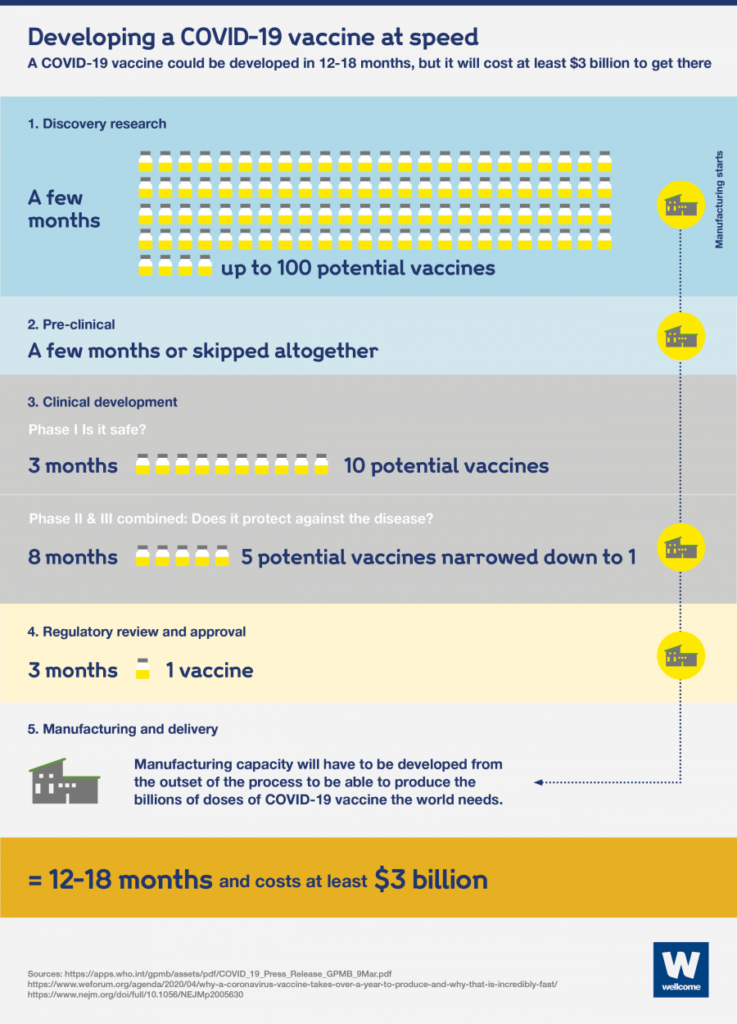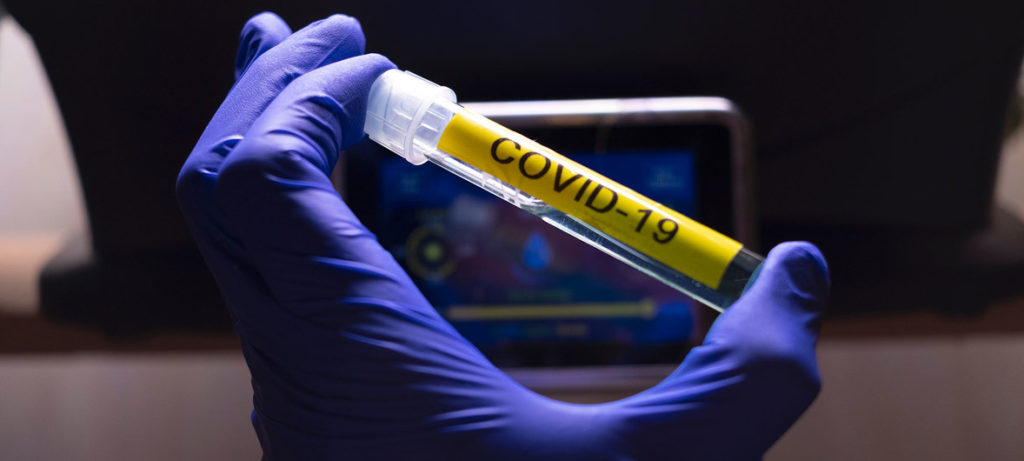Recent Vaccine Progress
COVID-19 vaccination hesitancy cannot be addressed without an understanding of other types of vaccine hesitancy. Over the past decades, the world has made tremendous progress in reducing the instance of many different infectious diseases. These improvements include a 99% reduction in people infected with polio since 1988 and 500,000 fewer deaths from pneumonia this year than in 2006.
Vaccination efforts such as these are a major reason for the decrease in mortalities under the age of 5, which have fallen by 59% since 1990. However, recent surges in preventable diseases have raised concerns about vaccine hesitancy. Protecting vaccination progress is vital. As advocates, we must continue to consider all forms of vaccine hesitancy, even as the world rallies around the pandemic.
Americans’ Opinions on the Coronavirus Vaccine
The coronavirus has had a dramatic impact on society over the past several months. Despite this, recent polls show that many people would choose not to receive the COVID-19 vaccination once it is available. A recent Gallup poll estimated that one-third of Americans would not get the vaccine, and an earlier poll by Science Magazine estimated this figure to be as high as one in two. One major cause of uncertainty is related to the increasingly sophisticated tactics that vaccine critics use to spread misinformation. However, the frenetic pace of coronavirus vaccine development has also worried many populations who had not previously exhibited vaccine hesitancy.
The infographic below from Wellcome shows what the consolidated timeline for developing the COVID-19 vaccine looks like at speed:

An infographic from Wellcome showing what a consolidated COVID-19 vaccine development timeline looks like.
Safety In Vaccine Development
Open dialogue over the coming months will be the key to combating coronavirus vaccine hesitancy. It is important to remember that COVID vaccination collaborations represent unprecedented levels of cooperation and investment in vaccine development. These include initiatives such as the Trump Administration’s Operation Warp Speed (OWS) and more notably the World Health Organization (WHO)’s ACT Accelerator. For example, Congress has appropriated almost $10 billion to support the research of several key vaccine candidates in OWS, which are now in phase III clinical trials.
Meanwhile, the ACT Accelerator has joined together over 100 countries not only to develop a vaccine as quickly as is safely possible but also to ensure equitable access around the world to that vaccine once it is developed. In fact, the COVAX Facility, the vaccine development arm of the ACT Accelerator, plans to equitably distribute 2 billion vaccinations by the end of 2021. The key is that no part of the normal vaccine process is being skipped. Despite the rush, no new phase of a vaccine trial can begin before the previous has been concluded satisfactorily. Collaborations like the ACT Accelerator do not rely on cutting corners but finding efficiencies in this moment of global partnership.
Combating Vaccine Hesitancy
It is undeniable that we are currently living through unprecedented times. To fight the spread of misinformation and to promote public health, advocates have the same arsenal of tactics as before. The key is addressing people’s concerns with both transparency and backing up information with scientific data. The echo chamber of social media has been an excellent propagating tool for the spread of misinformation, which means all individuals should be judicious about the content they are consuming, too.
Still, organizations around the world are beginning to fight back. An excellent example is an application developed by Cambridge scholars called Bad News, which successfully trains users to recognize misinformation in the media. Other campaigns such as Stronger are actively fighting vaccine misinformation and connecting individuals to larger advocacy moments. More innovative solutions such as these will surely be necessary for the coming months.
Beyond fighting misinformation, we must ensure that the public understands the rigor of clinical trials and the role of organizations such as the FDA that regulate drugs. Moreover, we must support organizations such as Gavi and WHO, whose work on the ACT Accelerator is indispensable. Shot@Life has always believed that immunization is the key to progress. That has never been more true than right now. Although a global pandemic requires global solutions, change can begin through everyday advocacy.

